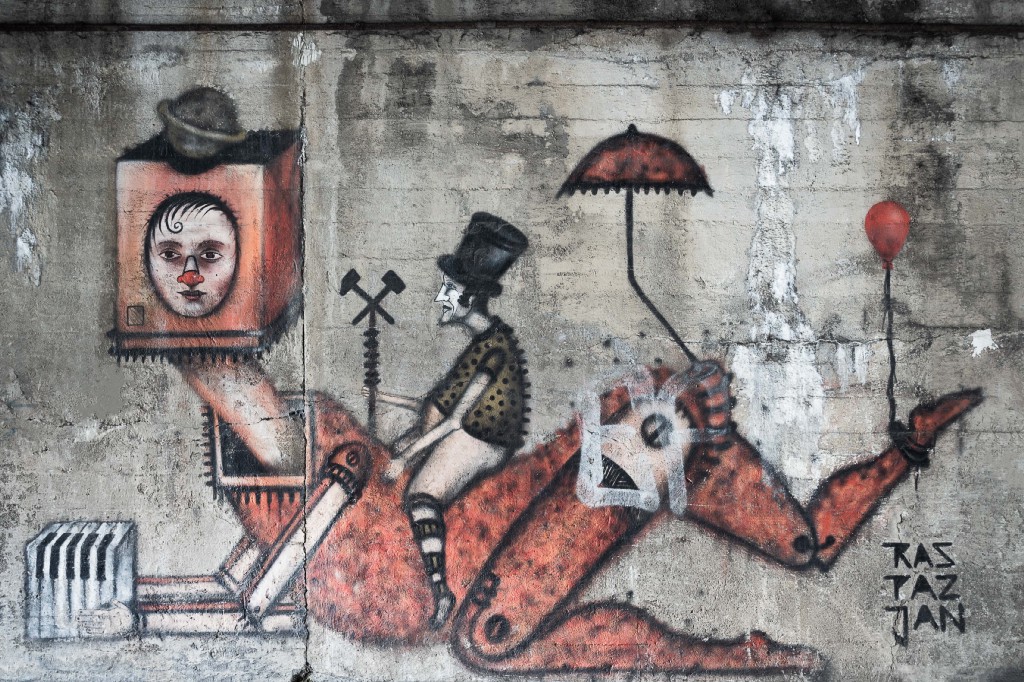Reading Lists
A Reading List About Small Towns Where Everyone Has Something To Hide
Jon McGregor, author of ‘The Reservoir Tapes,’ on small communities that make for good storytelling
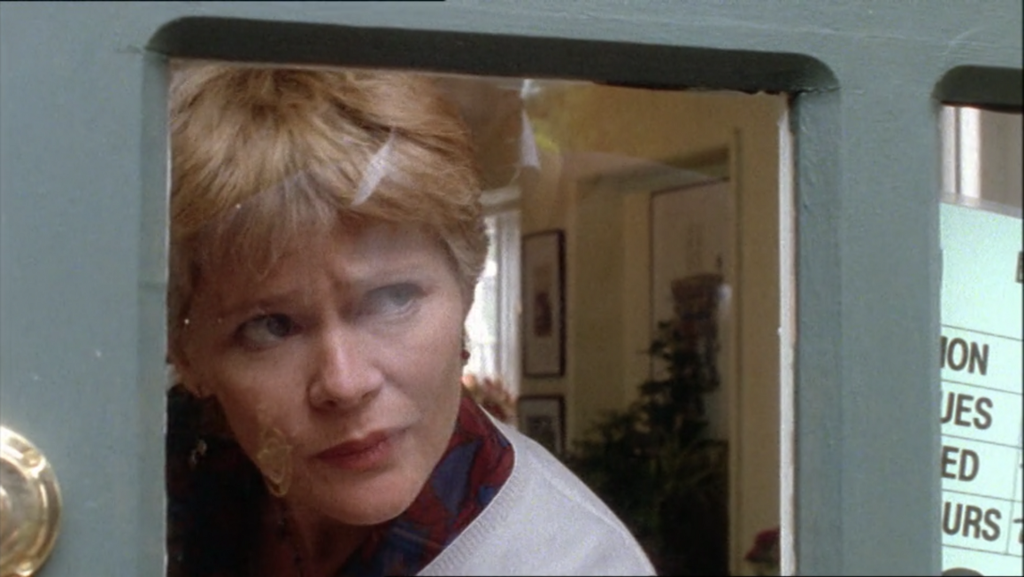
Before writing Reservoir 13 and The Reservoir Tapes, most of my fiction had been set in big cities, where the idea of community is somewhat amorphous and the edges of anyone’s territory are blurred and unclear. Starting work on a project set in a small rural town, I realised not only what pleasures this setting offers the writer — a defined network of characters, a knowable landscape, a community of shared knowledge — but also that much of my own best-loved reading has also shared this small-town setting.

American fiction is pretty much obsessed with small towns and gravel roads, of course; but Irish and Scandinavian fiction also seems repeatedly drawn back to the small community. These are places of gossip, neighbourly surveillance, and known family histories, all of which makes for good storytelling.
Small communities are also comprehendable: the anthropologist Robin Dunbar has suggested 150 as the number of people any one human can maintain genuine social connection with (although he was writing before Twitter, so), and the cast of characters in these small town novels — whether named or implied — often seems to hover around that number. These are ‘knowable communities’, as Raymond Williams puts it: knowable for the reader, and knowable for the writer.
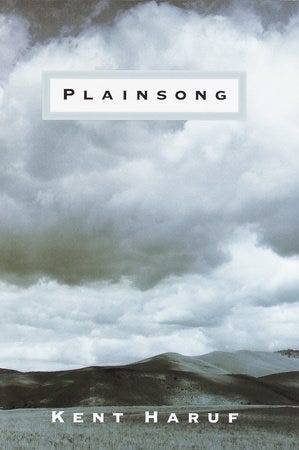
Plainsong by Kent Haruf
Is it still possible to describe Kent Haruf as under-read, or under-appreciated? He still doesn’t seem to be a household name, but he does at least seem to be credited, regularly, as a master craftsperson of this school of writing: not minimal, but plain, and beautiful. In the book, eight disparate characters in the small town of Holt, Colorado experience profound change over the course of one year.
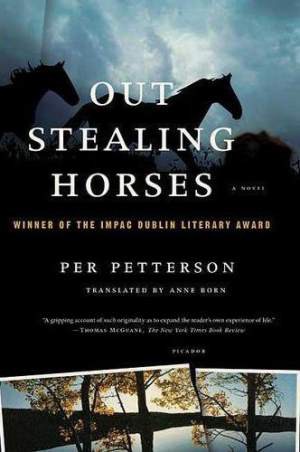
Out Stealing Horses by Per Petterson
Apparently the story of a city man retreating to a small Norwegian village and trying to fit in, Petterson’s book manages to become as much about the shadow of the second world war and the rupturing of old certainties as it is about a man pretending to know how to chop wood.
The Brief History of a Small-Town Deli
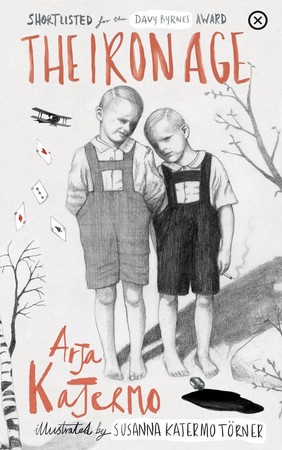
The Iron Age by Arja Kajermo, illustrations by Susanna Kajermo Torner
I sometimes suspect I have some Scandinavian genes mixed in with my Scottish and English ones; I can’t get enough of stories about wooden cabins and deep forests and frozen lakes. Arja Kajermo’s novel is memoir-like in its description of a childhood, barely a generation away, where not knowing how to chop wood meant death rather than social shame.

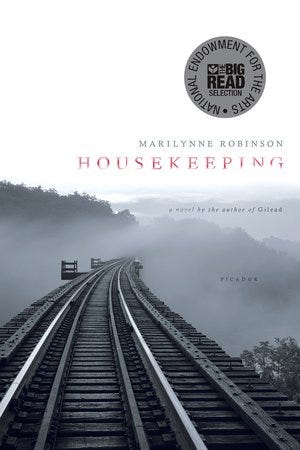
Housekeeping by Marilynne Robinson
The title of this reading list is ‘small towns where everybody has something to hide’, and although I guess I feel like that applies to all towns and all people and especially all the interesting stories — since without having things to hide, how do we get through life? — Marilynne Robinson’s haunting debut novel about two sisters who are raised by a succession of female relatives in a small town in Idaho probably ticks the ‘hiding things’ box more than most.

Sing, Unburied, Sing by Jesmyn Ward
Set not so much in a small town as a small family, I’ve included Jesmyn Ward’s searing novel here for all the hidden things it brings to the surface: the brutal history of America, and the broken bodies on which all those charming small towns are built. The concurrence she creates between plantation and prison is devastatingly vivid, as is the way she makes clear that these hidden things have been there in plain sight all along.
How Jesmyn Ward Brings Writing to Life

That They May Face the Rising Sun by John McGahern
This was the novel that made me want to change the way I was writing, much earlier in my career, and the novel that I came back to when I started working on Reservoir 13 and The Reservoir Tapes. It’s a classic of small town Irish literature, and McGahern’s masterpiece: one small community, scattered around a lake, one year, a lifetime of stories told with ringing simplicity.

The End of Vandalism, Hunts in Dreams, Pacific by Tom Drury
This, the Grouse County trilogy of novels written by Tom Drury over a twenty year period, is the work I keep coming back to when I want to push myself to write better: to find more nuances for my characters, to trace more carefully their detailed connections, to remember that all lives are full of humour, somewhere. I am in awe of what Drury has achieved in these books, and have been nagging people to read them for years. I don’t know what you’re waiting for.

About the Author
Jon McGregor is the author of four novels and two story collections. He is the winner of the International Dublin Literary Award, the Costa Novel Award, the Betty Trask Prize, the Somerset Maugham Award, and the American Academy of Arts and Letters E. M. Forster Award, and has been long-listed three times for the Man Booker Prize, most recently in 2017 for Reservoir 13. He is professor of creative writing at the University of Nottingham, England, where he edits The Letters Page, a literary journal in letters.






